环境
Java1.8
Spring Boot 1.3.2
一、静态资源访问
动静分离:动态服务和前台页面图片分开,静态资源可以使用CDN加速;
Spring Boot默认提供静态资源目录位置需置于classpath下,目录名需符合如下规则:
/static
/public
/resources
/META-INF/resources
举例:我们可以在src/main/resources/目录下创建static,在该位置放置一个图片文件。启动程序后,尝试访问http://localhost:8080/d.jpg。如能显示图片,配置成功。

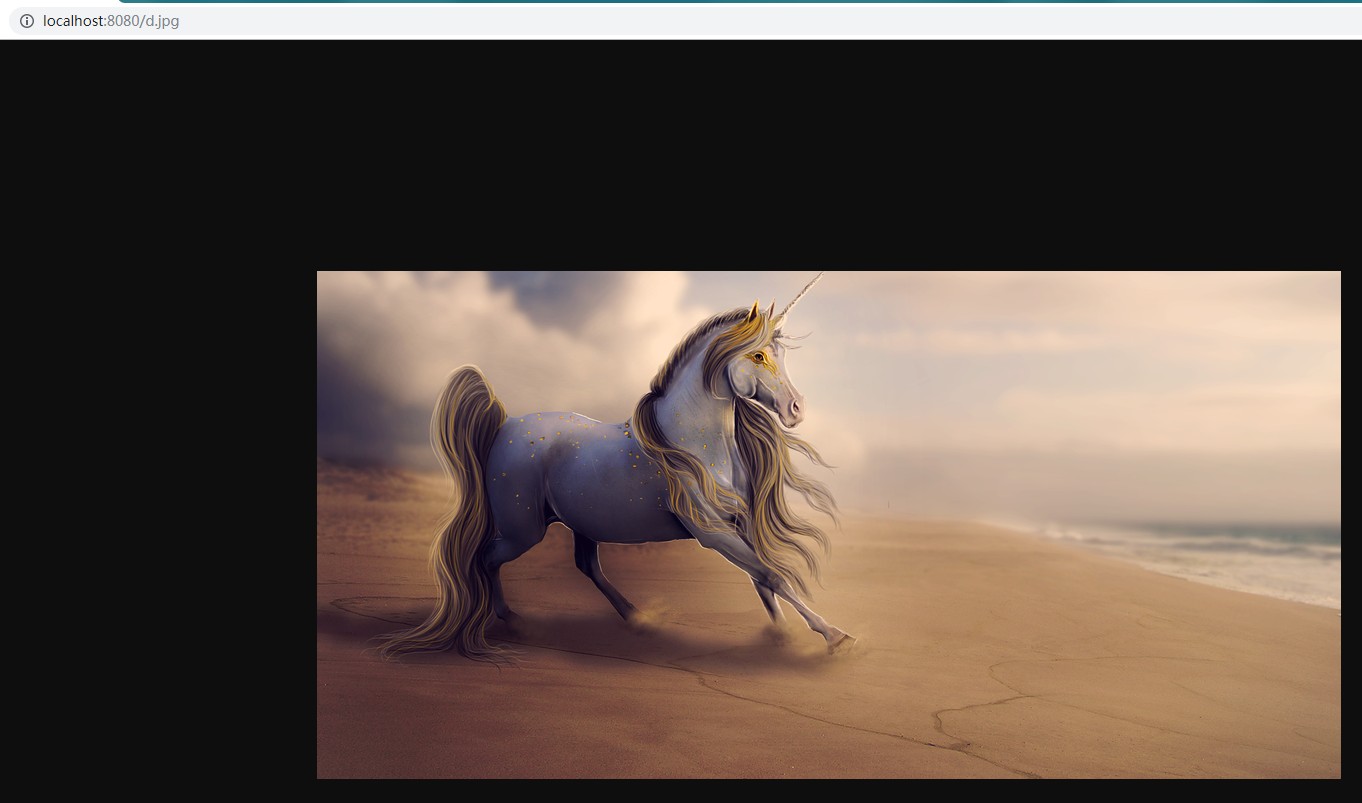
二、全局异常捕获
首先定义一个切面处理类 用来处理运行时异常报错:
package com.wjy.controller; import java.util.HashMap; import java.util.Map; import org.springframework.web.bind.annotation.ControllerAdvice; import org.springframework.web.bind.annotation.ExceptionHandler; import org.springframework.web.bind.annotation.ResponseBody; @ControllerAdvice public class GlobalExceptionHandler { @ExceptionHandler(RuntimeException.class) @ResponseBody public Map<String, Object> resultError() { Map<String, Object> result = new HashMap<String, Object>(); result.put("errorCode", "500"); result.put("errorMsg", "系统错误!"); return result; } }
@ControllerAdvice 是controller的一个辅助类,最常用的就是作为全局异常处理的切面类;
@ControllerAdvice 可以指定扫描范围;
@ControllerAdvice 约定了几种可行的返回值:
返回 String,表示跳到某个 view
返回 modelAndView
返回 model + @ResponseBody:将model类转换成json格式
然后写一个方法抛出异常:
package com.wjy.controller; import java.util.HashMap; import java.util.Map; import org.springframework.boot.autoconfigure.EnableAutoConfiguration; import org.springframework.web.bind.annotation.RequestMapping; import org.springframework.web.bind.annotation.RestController; @EnableAutoConfiguration @RestController public class HelloController { @RequestMapping("/hello") public String hello() { return "hello world"; } @RequestMapping("/getMap") public Map<String, Object> getMap() { Map<String, Object> result = new HashMap<String, Object>(); result.put("errorCode", "200"); result.put("errorMsg", "成功.."); int a = 1/0; return result; } }
验证:

三、渲染WEB页面
Spring Boot整合页面建议优先选择模板引擎,不建议选用JSP,若一定要使用JSP将无法实现Spring Boot的多种特性。
模板引擎:使用伪HTML作动态页面模板,方便开发,另外提高搜索引擎搜索,Spring Boot提供了默认配置的模板引擎主要有以下几种:
• Thymeleaf
• FreeMarker
• Velocity
• Groovy
• Mustache
当你使用上述模板引擎中的任何一个,它们默认的模板配置路径为:src/main/resources/templates。
1、使用Freemaker渲染WEB视图
(1)POM引入依赖
<!-- 引入freeMarker的依赖包. -->
<dependency>
<groupId>org.springframework.boot</groupId>
<artifactId>spring-boot-starter-freemarker</artifactId>
</dependency>
(2)在src/main/resources/创建一个templates文件夹,里面创建动态页面模板,后缀为*.ftl
比如:index.ftl
<!DOCTYPE html> <html> <head lang="en"> <meta charset="UTF-8" /> <title>首页</title> </head> <body> ${name} <#if sex==1> 男 <#elseif sex==2> 女 <#else> 其他 </#if> <#list userlist as user> ${user} </#list> </body> </html>
(3)创建后台代码
package com.wjy.controller; import java.util.ArrayList; import java.util.List; import java.util.Map; import org.springframework.stereotype.Controller; import org.springframework.web.bind.annotation.RequestMapping; //注意这里是 @Controller 不是@RestController @Controller public class FmindexController { @RequestMapping("/fmindex") public String index(Map<String, Object> result) { System.out.println("IndexController....index"); result.put("name", "yushengjun"); result.put("sex", 1); List<String> list = new ArrayList<String>(); list.add("zhangsan"); list.add("lisi"); result.put("userlist", list); return "index"; } }
注意:ftl的名字要和java 返回字符串的名字相同
验证:

(4)freemaker配置
使用application.properties文件,默认在src/main/resources目录下
######################################################## ###FREEMARKER (FreeMarkerAutoConfiguration) ######################################################## spring.freemarker.allow-request-override=false spring.freemarker.cache=true spring.freemarker.check-template-location=true spring.freemarker.charset=UTF-8 spring.freemarker.content-type=text/html spring.freemarker.expose-request-attributes=false spring.freemarker.expose-session-attributes=false spring.freemarker.expose-spring-macro-helpers=false #spring.freemarker.prefix= #spring.freemarker.request-context-attribute= #spring.freemarker.settings.*= spring.freemarker.suffix=.ftl spring.freemarker.template-loader-path=classpath:/templates/ #comma-separated list #spring.freemarker.view-names= # whitelist of view names that can be resolved
2、使用JSP渲染WEB视图
(1)maven项目必须是war类型 eclipse 4.7 + jdk1.8
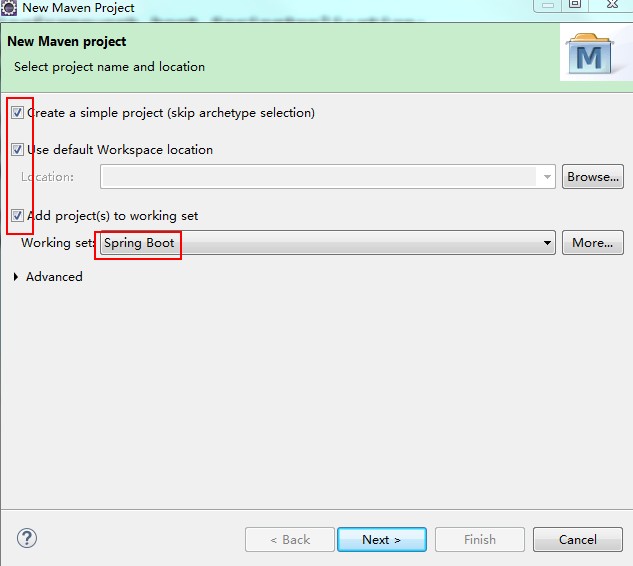
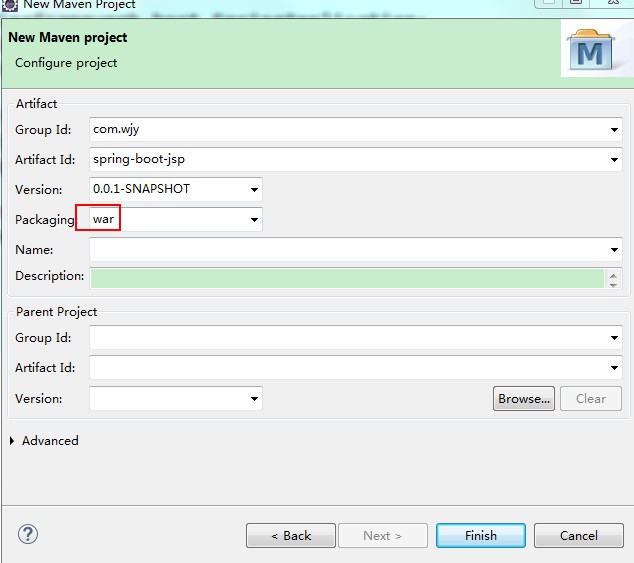
然后依次修改如下配置:
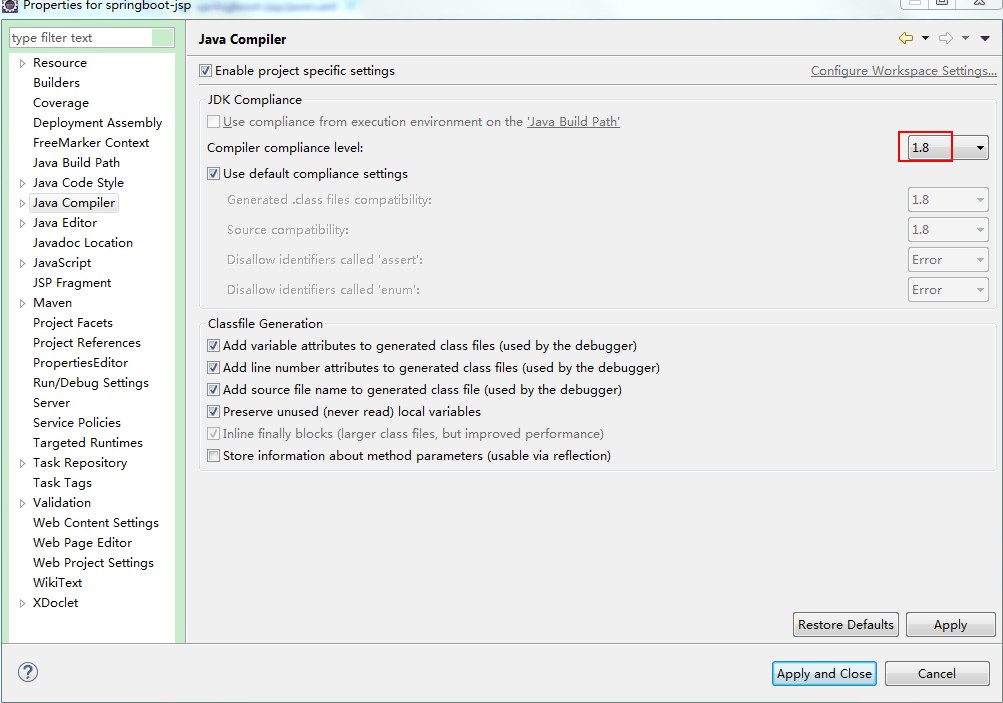
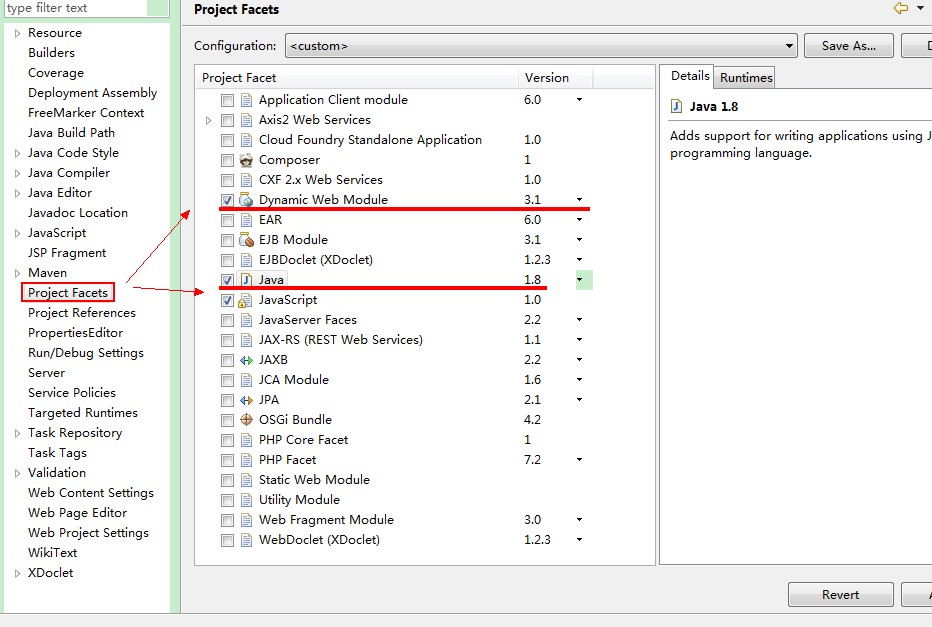
(2)POM引入依赖
<parent> <groupId>org.springframework.boot</groupId> <artifactId>spring-boot-starter-parent</artifactId> <version>1.3.3.RELEASE</version> </parent> <dependencies> <!-- SpringBoot 核心组件 --> <dependency> <groupId>org.springframework.boot</groupId> <artifactId>spring-boot-starter-web</artifactId> </dependency> <dependency> <groupId>org.springframework.boot</groupId> <artifactId>spring-boot-starter-tomcat</artifactId> </dependency> <dependency> <groupId>org.apache.tomcat.embed</groupId> <artifactId>tomcat-embed-jasper</artifactId> </dependency> <!-- 强制添加依赖 否则可能在解析JSP报错:No Java compiler available --> <dependency> <groupId>org.eclipse.jdt.core.compiler</groupId> <artifactId>ecj</artifactId> <version>4.6.1</version> <scope>provided</scope> </dependency> </dependencies> <!-- 不加下面这个build 可能update project不起作用 --> <build> <plugins> <plugin> <groupId>org.apache.maven.plugins</groupId> <artifactId>maven-compiler-plugin</artifactId> <version>3.1</version> <configuration> <source>1.8</source> <target>1.8</target> </configuration> </plugin> </plugins> </build>
最后 maven --> Update Project...
(3)application.properties创建以下配置
spring.mvc.view.prefix=/WEB-INF/jsp/
spring.mvc.view.suffix=.jsp
(4)代码
页面:
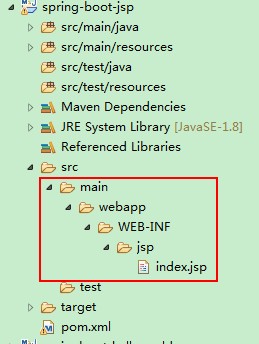
<%@ page language="java" contentType="text/html; UTF-8" pageEncoding="UTF-8"%> <!DOCTYPE html PUBLIC "-//W3C//DTD HTML 4.01 Transitional//EN" "http://www.w3.org/TR/html4/loose.dtd"> <html> <head> <meta http-equiv="Content-Type" content="text/html; charset=UTF-8"> <title>Insert title here</title> </head> <body> Spring Boot 整合 JSP </body> </html>
后台:
package com.wjy.app; import org.springframework.boot.SpringApplication; import org.springframework.boot.autoconfigure.EnableAutoConfiguration; import org.springframework.context.annotation.ComponentScan; @EnableAutoConfiguration @ComponentScan(basePackages="com.wjy.controller") public class App { public static void main(String[] args) { SpringApplication.run(App.class, args); } }
package com.wjy.controller; import org.springframework.stereotype.Controller; import org.springframework.web.bind.annotation.RequestMapping; @Controller public class IndexController { @RequestMapping("/index") public String index() { return "index"; } }
验证:
